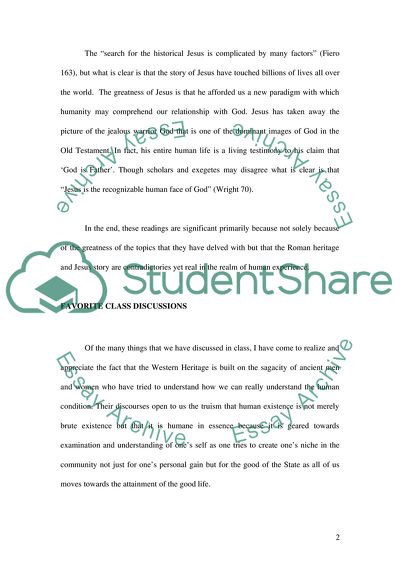Cite this document
(Personal Meaning about Favorite Parts of Education Essay, n.d.)
Personal Meaning about Favorite Parts of Education Essay. Retrieved from https://studentshare.org/education/1546750-hum-final
Personal Meaning about Favorite Parts of Education Essay. Retrieved from https://studentshare.org/education/1546750-hum-final
(Personal Meaning about Favorite Parts of Education Essay)
Personal Meaning about Favorite Parts of Education Essay. https://studentshare.org/education/1546750-hum-final.
Personal Meaning about Favorite Parts of Education Essay. https://studentshare.org/education/1546750-hum-final.
“Personal Meaning about Favorite Parts of Education Essay”. https://studentshare.org/education/1546750-hum-final.


